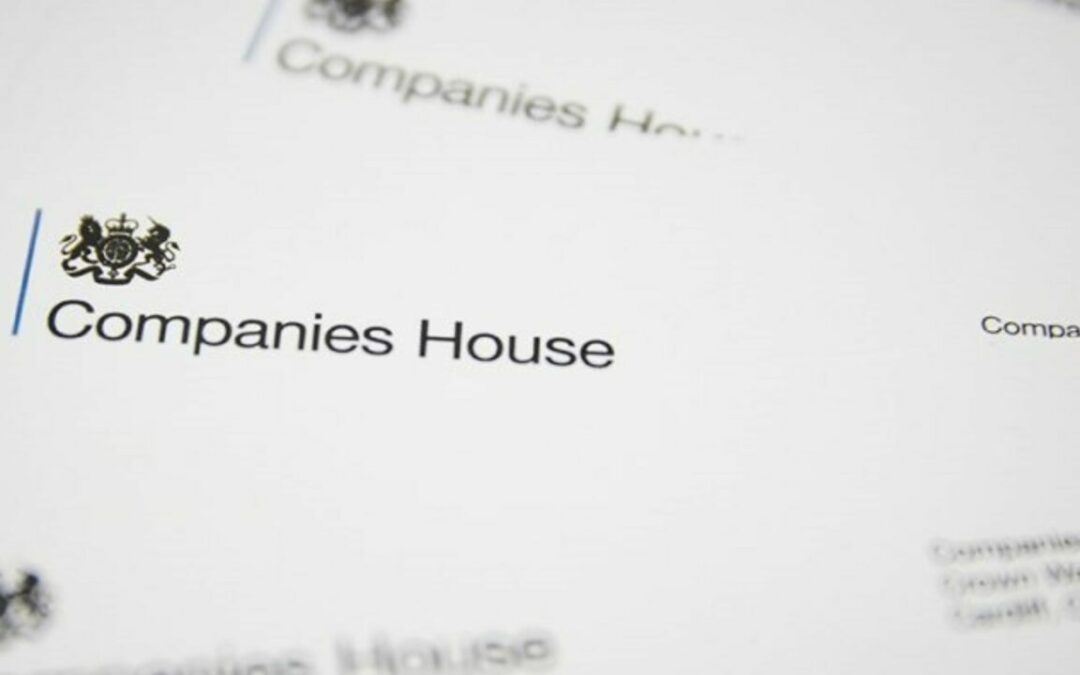Confused about vehicle expenses? Learn about the two methods for claiming vehicle costs and understand which expenses you can and cannot claim on.
During the busy period, we noticed some confusion among clients about what can and cannot be claimed when using a vehicle for business purposes. To clarify, here’s a breakdown of your options and what expenses you can include.
We’re sharing this information now to give you plenty of time to understand the options and decide which method will best suit your business.
Claiming Vehicle Expenses –
There are two ways to claim expenses for a vehicle:
- Actual Costs Method – Claiming the running costs of the vehicle while excluding personal use.
Capital allowances on the vehicle can also be claimed with this method.
- Simplified Expenses (Mileage Method) – Claiming a flat rate per mile instead of actual running costs.
It’s important to note that once you choose a method, you must keep to the same one until you change the vehicle.
Allowable Business Expenses
If you choose to claim actual costs, the following expenses can be included:
- Vehicle insurance
- Repairs and servicing
- MOT
- Vehicle Tax
- Breakdown cover
Additional Travel costs that you can claim using both methods
- Parking
- Tolls
What Cannot be Claimed
- Personal use of your vehicle
- Parking or speeding fines
- Travel between home and work (unless your home is your main place of business)
Buying a Vehicle – What You Need to Know
- Traditional Accounting: If you purchase a vehicle for business use, you can claim it as a capital allowance.
- Cash Basis Accounting: You can also claim a vehicle as a capital allowance, provided you are not using the mileage method.
- Other Vehicles (e.g. vans, motorcycles): Generally these can be claimed as allowable expenses rather than capital allowances.
Choosing the Right Method for You
- If you drive a lot for work, the mileage method might be simpler and more beneficial.
- If you have high vehicle running costs, claiming actual expenses could be more tax-efficient.
Your other options are to lease or hire a car. If you lease or hire a car, you can claim both costs as a revenue expense. You can also claim the fuel costs. Again, if there is any personal usage, a deduction must be made for this.
Understanding these options ensures you claim the maximum allowable expenses while staying compliant with HMRC rules. If you’re still unsure which method best suits your business, get in touch with your account manager – they’ll be happy to guide you through the process.
Read more – Expenses if you’re self-employed: Car, van and travel expenses – GOV.UK
Visit our News Hub for the latest – News – Whittaker & Co (whittakerandco.com)
info@whittakerandco.com
+44 (0) 1686 610662






